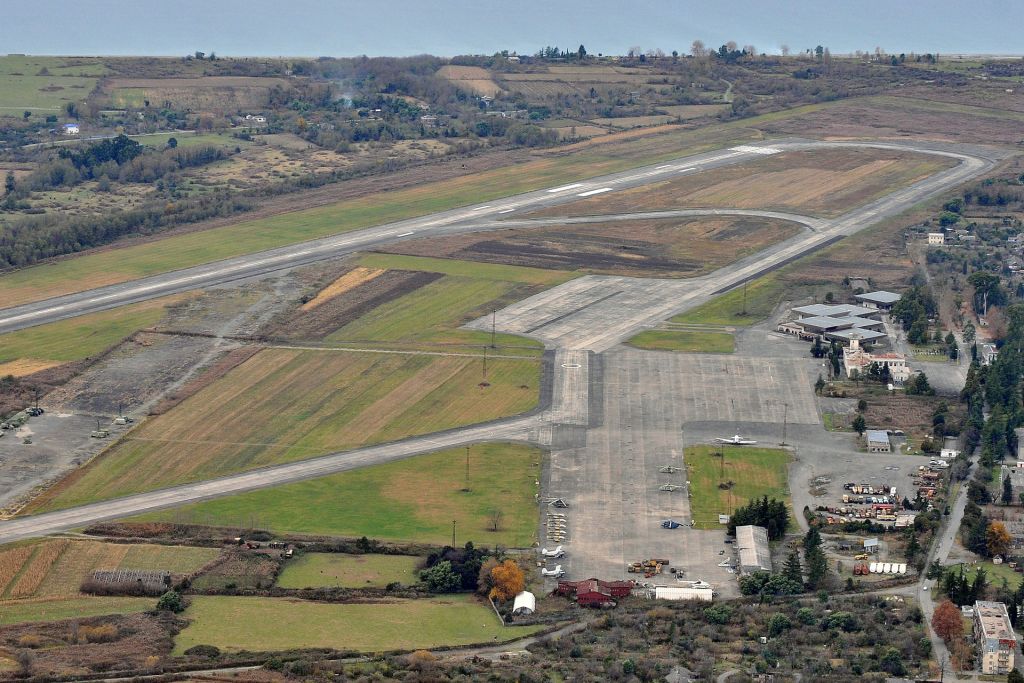Travel as we know it today could be on the brink of extinction by 2040 due to the effects of global warming, according to a joint study conducted by Intrepid Travel, a travel company, and The Future Laboratory, a forecasting agency. The findings, as reported by the Daily Mail, suggest that popular destinations such as Majorca and Greece might become too hot for travelers, forcing them to seek cooler alternatives.
Rising temperatures are also predicted to alter winter travel experiences. In Lapland, for instance, it will become increasingly challenging to find snow for enjoying breathtaking winter landscapes. Additionally, ski seasons at popular ski resorts are expected to shorten, according to analysts. Low-lying destinations like the Maldives and Jakarta are projected to be almost entirely submerged by 2050 due to rising sea levels, posing a threat to cities like Venice and Amsterdam as well. In response to these potential scenarios, the authors of the report titled “Sustainable Futures of Travel” have proposed seven trends that could help mitigate these challenges.
- Sustainable Tourism Economics: Governments are expected to implement regulations ensuring that a significant portion of tourist spending remains within the local economy and is reinvested in community development and protection.
- Real-Time Carbon Emissions Tracking: Artificial intelligence will enable travelers to track their daily carbon emissions in real-time using specialized gadgets, helping reduce their carbon footprint.
- Personal Carbon Emission Limits: The introduction of “carbon passports” is expected to limit individual carbon emissions, minimizing the environmental impact of travel.
- Eco-Accommodations: A new generation of eco-friendly, locally crafted temporary accommodations is predicted to emerge worldwide by 2040, leaving minimal environmental footprint.
- Emphasis on Ground Transportation: Train travel will become an integral part of the regenerative approach to travel. Travelers will have the option to choose between high-speed innovations and slower train journeys, depending on their preferences, distance, and time constraints.
- Virtual Vacations: If climate change mitigation measures are not effectively implemented, many beloved travel destinations may become virtual experiences by 2040.
- People-Centric Travel: Travel decisions in the near future will be based on social experiences rather than just hotels or destinations. Travelers will prioritize connections with people, whether it’s family, a group of strangers, close acquaintances, or the locals at the destination.
Darrell Wade, the CEO of Intrepid Travel, emphasized, “Travel used to revolve around factors like luxury hotels or exotic destinations, but increasingly, it’s all about people. It could be family, a group of strangers, good friends, or the people you meet at your destination. The future of travel is centered around social connections.”
As the world faces climate challenges, these trends represent a potential roadmap for the travel industry to adapt and thrive sustainably in the coming decades.










